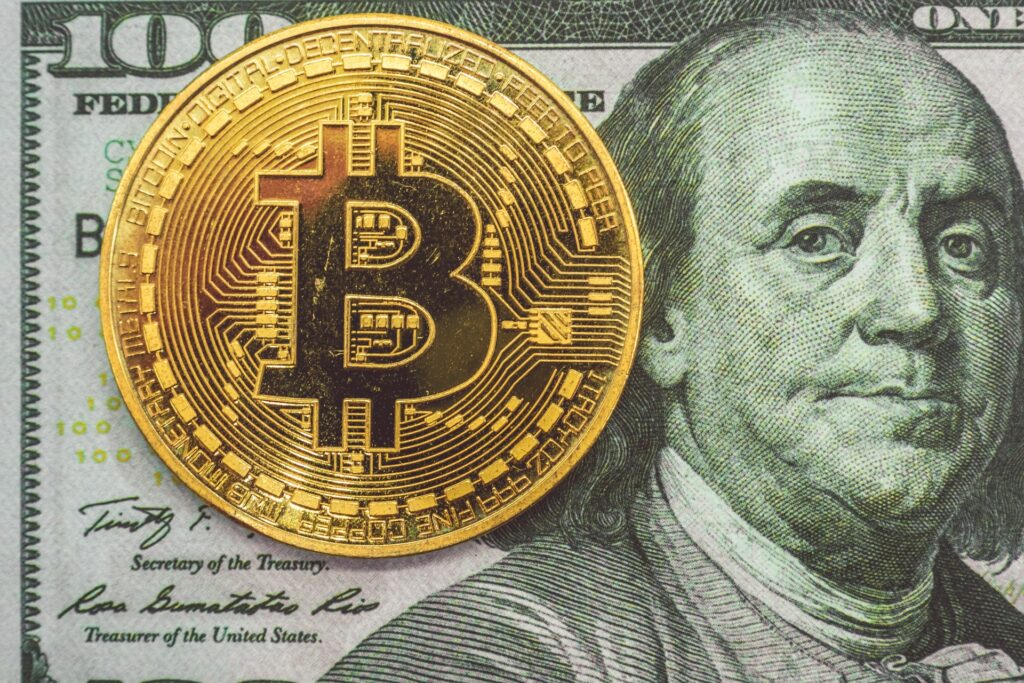
Key takeaways:
- JP Morgan cites the recent study from the Josh Hopkins University in its latest report, pointing out that Bitcoin could be more expensive to use for remittance transactions than USD.
- Bimonetary systems are especially vulnerable to price swings, which could make El Salvador’s already volatile economy even more swingy.
- Passed in June, the “Bitcoin Law” will come into effect on September 7.
While El Salvador’s plan to adopt Bitcoin as legal tender might sound good in theory, JP Morgan issued a research report last week pointing out the problems with the Central American country’s approach. The biggest problem lies in El Salvador’s reliance on the US dollar as its primary currency. According to the bank’s analysts, introducing a second currency in a bimonetary system consisting of USD makes such countries much more susceptible to price swings.
The cost of the transactions when using Bitcoin could be higher than using USD
As of 2020, 24% of the country’s GDP can be attributed to remittances. It is no surprise then, that El Salvador is trying to lower the cost of transferring remittances by swapping USD for BTC. However, this might not be such a good idea, at least according to the US, which has previously tried to impose its will by advising the Salvadoran president Nyib Bukele on how to regulate Bitcoin usage.
The Goldman Sachs research relies heavily on the data collected from the study by Johns Hopkins University. It’s worth pointing out that the US administration, as well as most US-based financial research institutions, have a vested interest in making cryptocurrencies look less than good, so take their opinion with a grain of salt.
Nevertheless, the study shows that Bitcoin could in fact be twice as expensive as USD when transferring funds from overseas to the homeland. If most transactions made in the country would ultimately end up on the Bitcoin blockchain, it would drive up transaction costs of the digital asset considerably. After all, the Bitcoin network’s potential doesn’t lie in its medium of exchange capabilities, especially for small purchases, but rather in its ability to act as a digital store of value.
How did the Salvadoran people receive the so-called “Bitcoin Law”?
Passed in June 2021 by a majority in Congress, the regulation will come into effect on September 7. According to polls, most of the public remains skeptical about the upcoming changes, as more than 90% of businesses and individuals hold the opinion that Bitcoin use should not be mandatory.
The young Salvadoran president hopes that the move to Bitcoin will help the country transition to a more developed economy without help from the World Bank.
“The bitcoin system is so perfect that I think it’s gonna be the future. It is the present already in a lot of things, but it’s gonna be way bigger in the future.”
Nayib Bukele, El Salvador’s president



